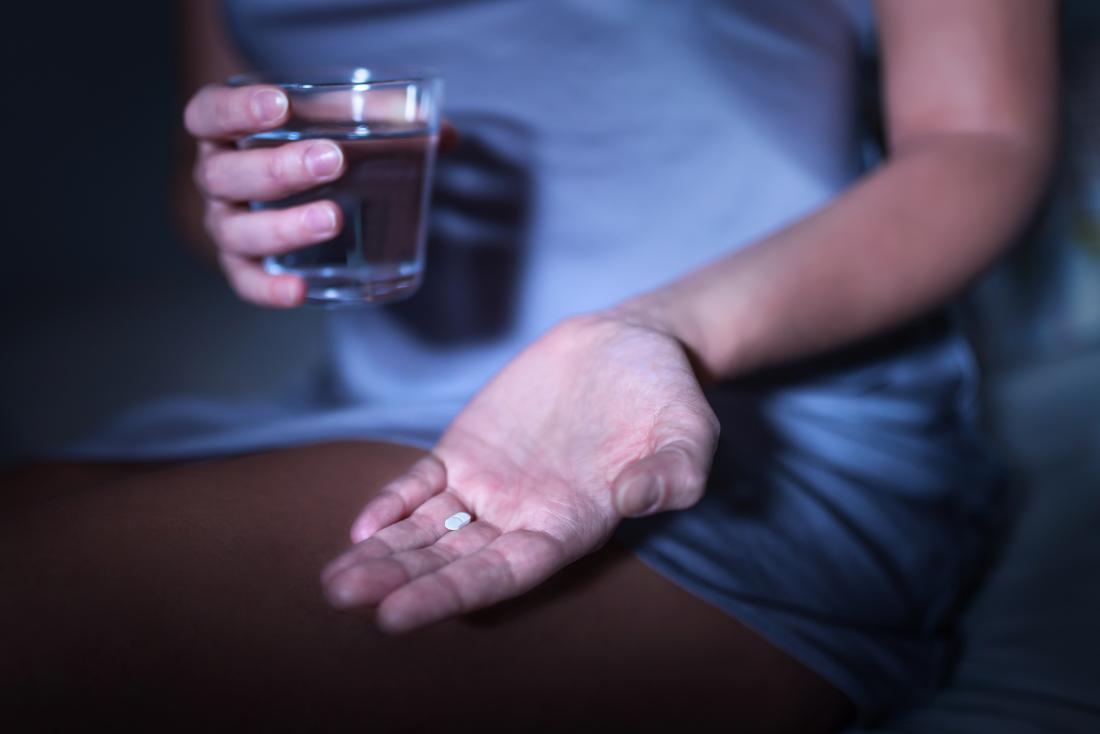
Sleepless? Five Things to Know About Using Melatonin
The National Sleep Foundation has found that more than half of the US population does not get enough sleep. It is important to mention here, however, that there are many factors involved in this statistic. These factors include age, lifestyle choices, and environmental impacts. Regardless of your reasons for having trouble sleeping at night, understanding how melatonin can help you sleep better is key to making sure you’re getting the rest your body needs.
Melatonin is not a sleeping pill

Melatonins are not sleeping wellness products but rather a naturally-occurring hormone in the body that helps regulate sleep. It is produced by your body’s pineal gland, which is then converted into neurotransmitters that are responsible for sending signals between neurons to help control sleeping and waking cycles. Melatonin levels increase when it starts getting dark outside, triggering feelings of fatigue and ultimately promoting good quality sleep.
Melatonin supplements have been proven helpful with many different types of sleep problems, including insomnia, jet lag, or shift work disorder. It can also be used as an effective natural remedy for ADHD. As mentioned before, melatonin should never be taken without consulting your doctor first due to its effects on various medications you may already be taking. The FDA has approved the use of this supplement in children over three years of age. However, it’s always best to speak with your doctor before using any kind of supplement.
Melatonin has also been shown to boost the immune system, making it an effective way for you and your family members to stay well throughout the cold season. Melatonin can be consumed by mouth or applied directly to the skin. Be sure not to exceed the recommended dosage when taking melatonin supplements, as this may cause adverse effects such as nausea, dizziness, or headaches. Always consult a medical professional if you are pregnant, breastfeeding, have other medications that interact with melatonin (including asthma, kidney disease/stones, depression/mental illness or autoimmune diseases like lupus before using this treatment method.
More is not better with melatonin

The recommended dose for melatonin is very on conditions, but it is important to take the right amount. Taking too much can cause unpleasant side effects like memory loss, dizziness, and irritability. Many products on the market claim their melatonin supplement will help you fall asleep faster or stay asleep longer; however, there hasn’t been enough research done to support these claims. More evidence-based studies need to be conducted before we know if certain types of melatonin work better than others at helping people with insomnia sleep better. Many companies have begun adding other ingredients into their melatonin supplements instead of just using straight-up plant-based melatonin as a sleeping aid, making it even more difficult for us as consumers to really understand what type of melatonin product will work best.
Light defeats melatonin supplements
Don’t take melatonin supplements at night if you have a light on in your room. The hormone’s job is to help trigger feelings of sleepiness when it gets dark outside, so exposing yourself to bright lights will reduce the effectiveness of this supplement and make it much harder for your body to adjust accordingly. Waking up naturally with sunlight exposure has been shown to be the most effective way for your body to start producing enough melatonin again, which can also affect how well this natural sleeping aid works when taken before bedtime. It may seem counterproductive but try not taking any steps towards waking up until after sunrise or using blackout curtains if necessary during winter months.
Melatonin and daytime don’t mix well
Taking melatonin supplements in the daytime is actually more likely to cause sleep problems than it will help you feel tired. This supplement has been shown to disrupt your natural sleeping patterns, making it much harder for you to fall asleep at night when you take them during the day. If certain times of day work better for taking this supplement (such as before bedtime or jet lag), be sure not to follow these guidelines and stick with what works best for your body instead.




